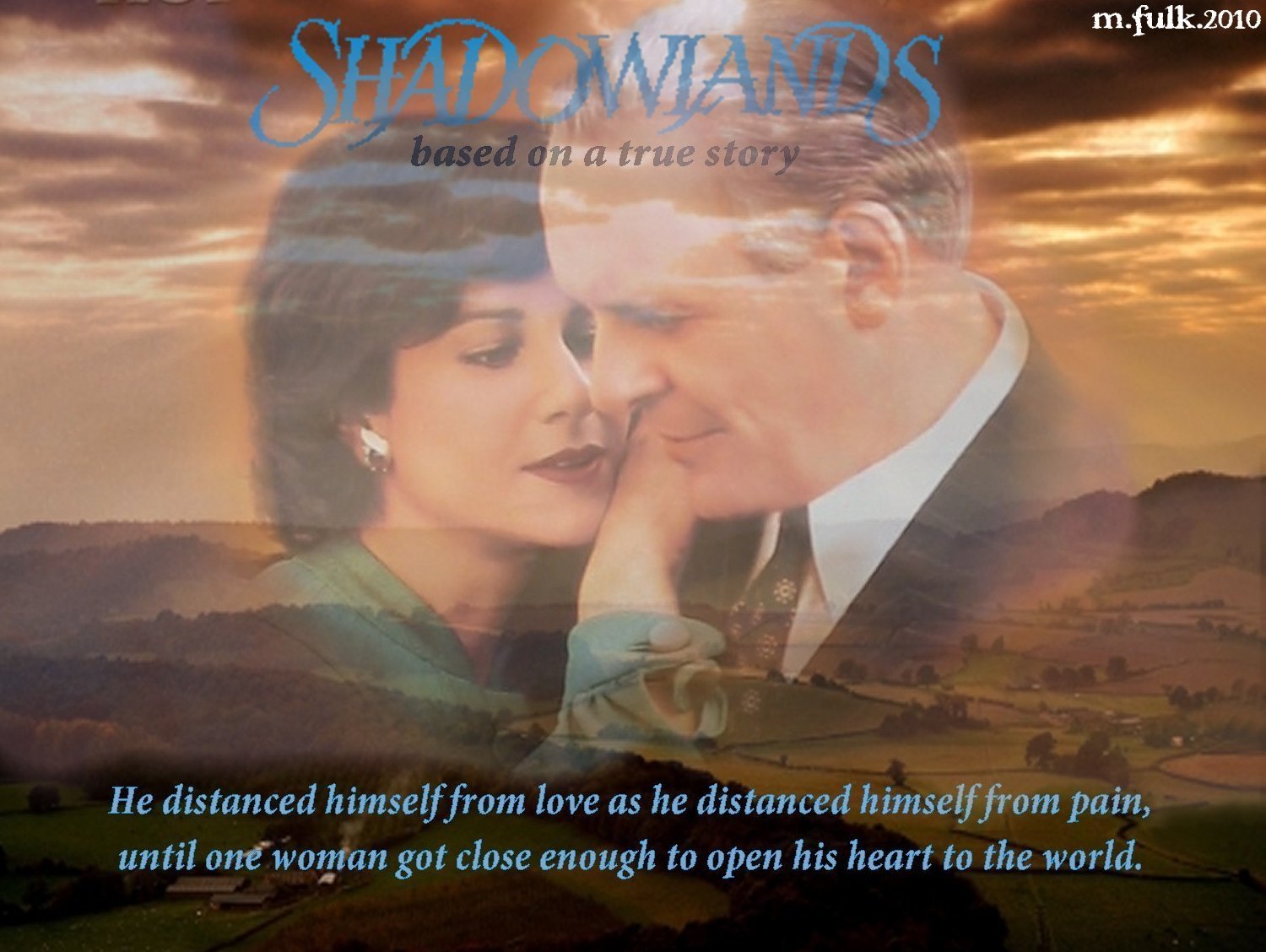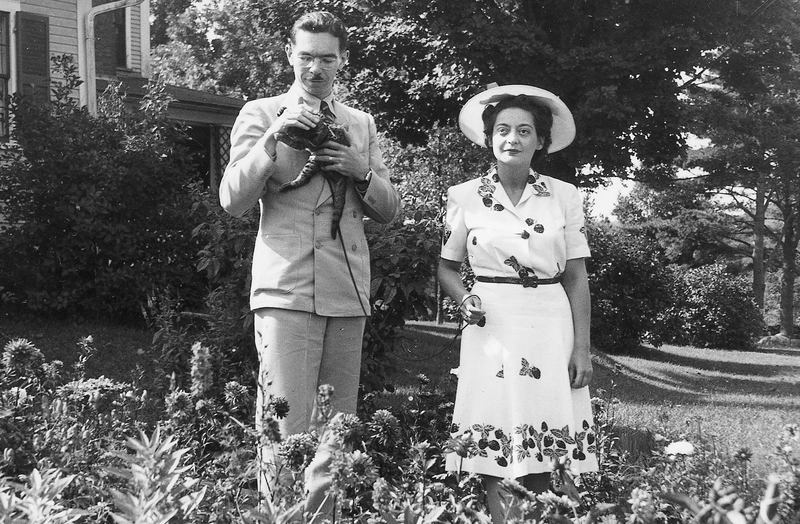Sat Jan 06, 2018 7:29 am
A little real life information from Wikipedia:
In later life, Lewis corresponded with Joy Davidman Gresham, an American writer of Jewish background, a former Communist, and a convert from atheism to Christianity. She was separated from her alcoholic and abusive husband, novelist William L. Gresham, and came to England with her two sons, David and Douglas. Lewis at first regarded her as an agreeable intellectual companion and personal friend, and it was on this level that he agreed to enter into a civil marriage contract with her so that she could continue to live in the UK. The civil marriage took place at a register office, in Oxford, on 23 April 1956. Lewis's brother Warren wrote: "For Jack the attraction was at first undoubtedly intellectual. Joy was the only woman whom he had met ... who had a brain which matched his own in suppleness, in width of interest, and in analytical grasp, and above all in humour and a sense of fun." After complaining of a painful hip, she was diagnosed with terminal bone cancer, and the relationship developed to the point that they sought a Christian marriage. Since she was divorced, this was not straightforward in the Church of England at the time, but a friend, the Rev. Peter Bide, performed the ceremony at her bed in the Churchill Hospital on 21 March 1957.
Joy Gresham's cancer soon went into remission, and the couple lived together as a family with Warren Lewis until 1960, when recurrence of the cancer caused her death on 13 July. Earlier that year, the couple took a brief holiday in Greece and the Aegean; Lewis was fond of walking but not of travel, and this marked his only crossing of the English Channel after 1918. Lewis's book A Grief Observed describes his experience of bereavement in such a raw and personal fashion that he originally released it under the pseudonym N. W. Clerk to keep readers from associating the book with him. Ironically, many friends recommended the book to Lewis as a method for dealing with his own grief. After Lewis's death, his authorship was made public by Faber's, with the permission of the executors.
Lewis continued to raise Gresham's two sons after her death. Douglas remains involved in the affairs of the Lewis estate.
Lewis died on 22 November 1963 from renal failure, one week before his 65th birthday.
So the sad part is that Joy's children lost Lewis as well three years after their mother died. It's interesting that the 1993 film didn't included Douglas' brother. In the 1985 film version Joy had both of her sons with her.
The good part is that they had three years of happiness, a bit longer than the film suggested.








